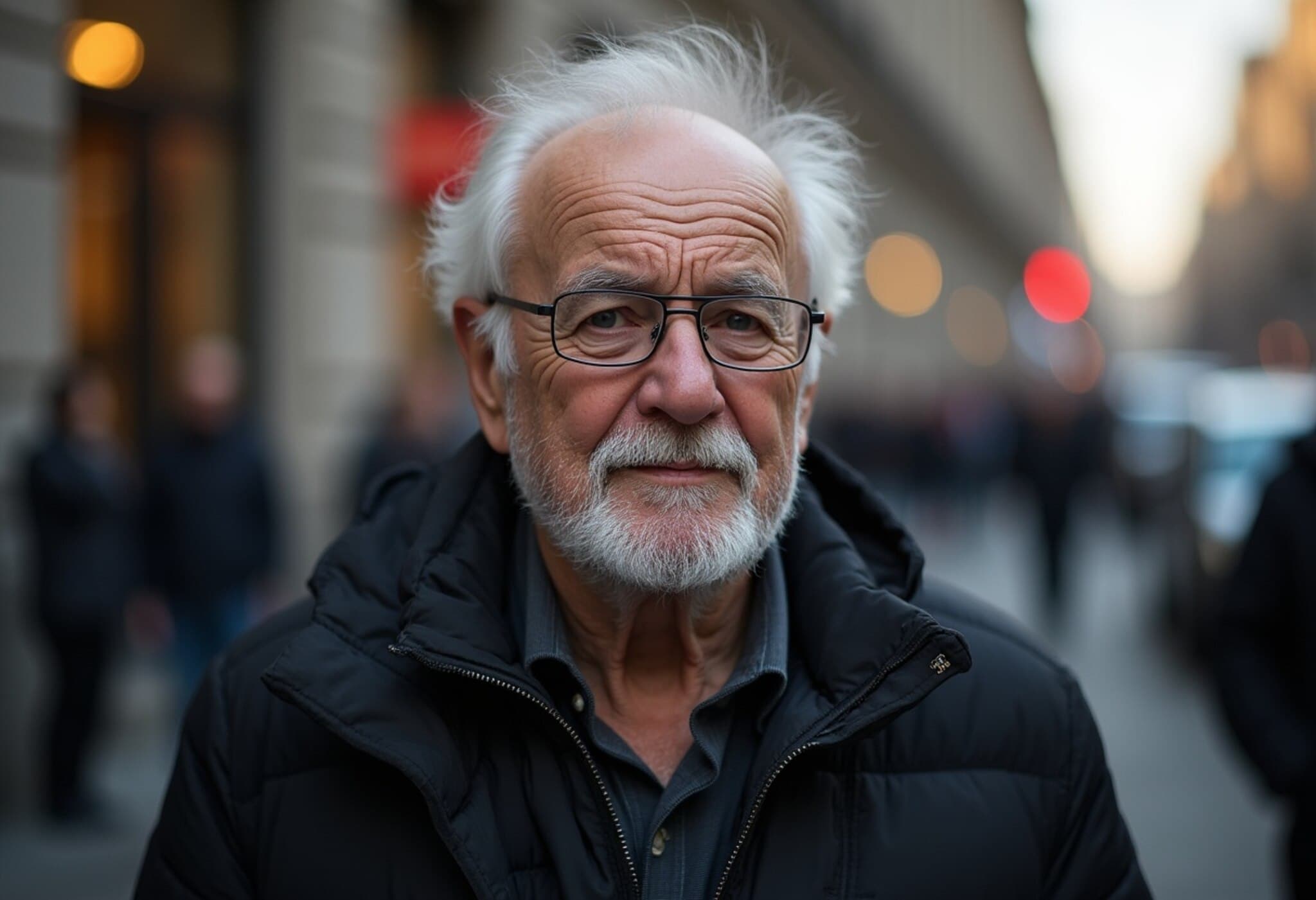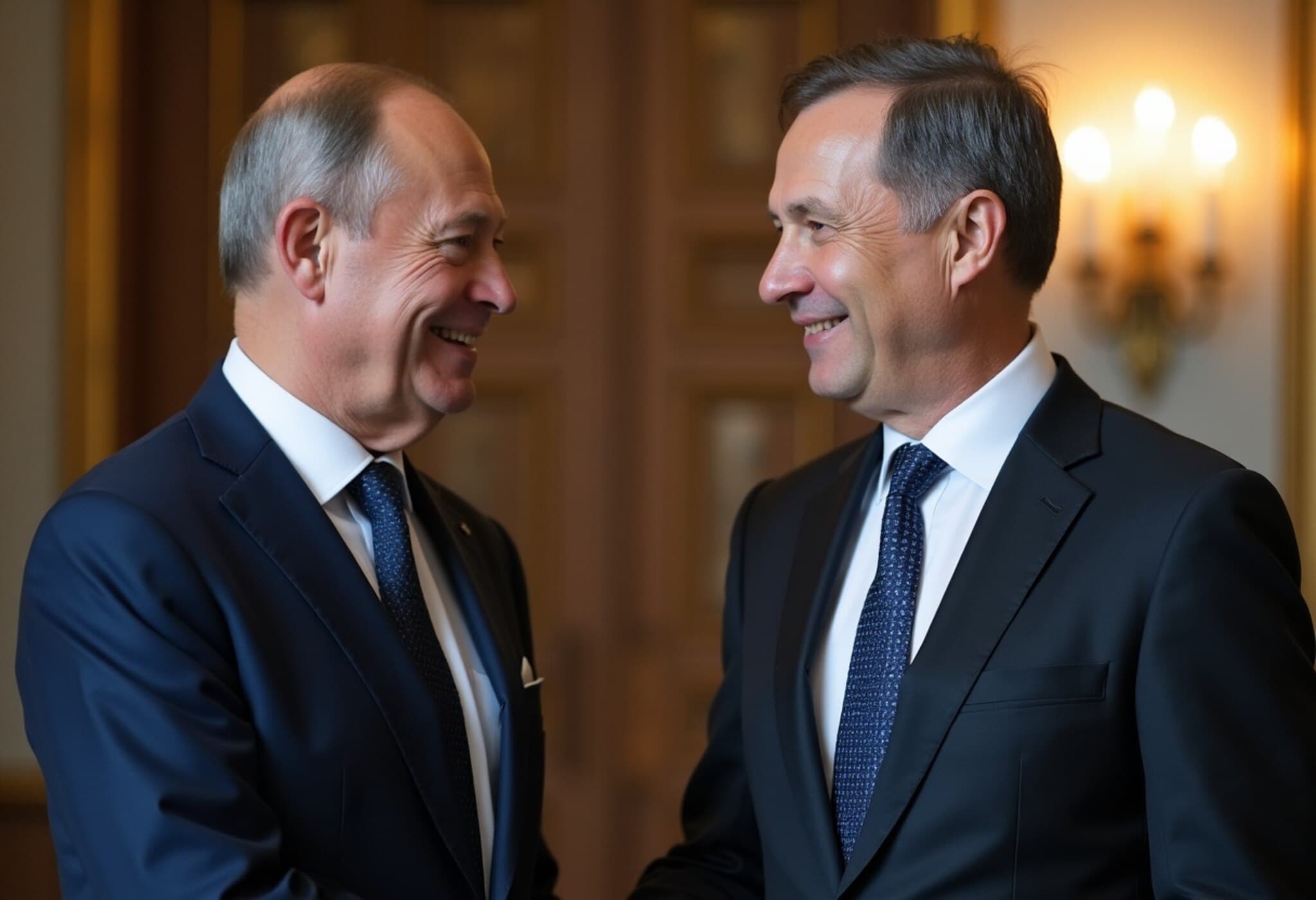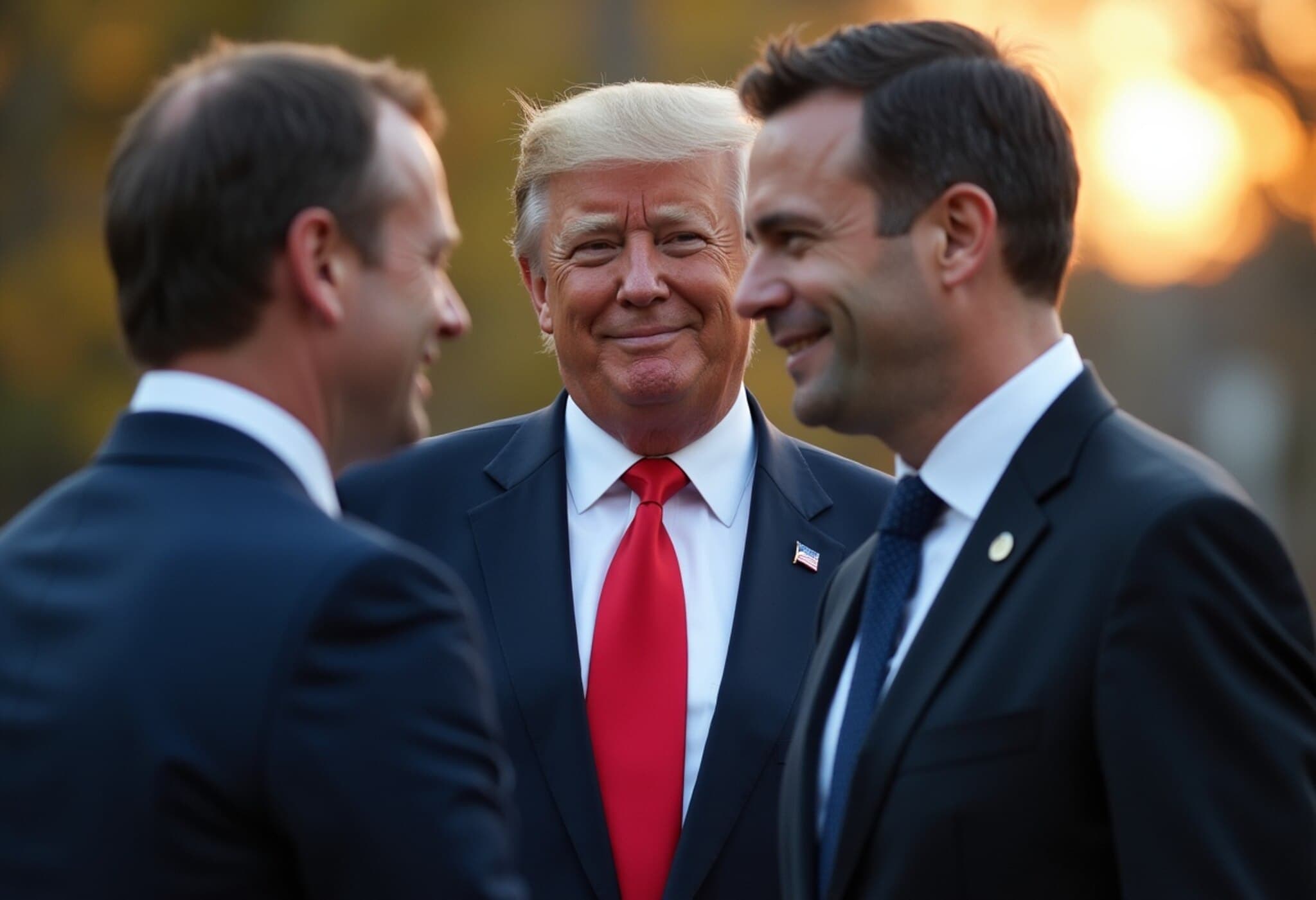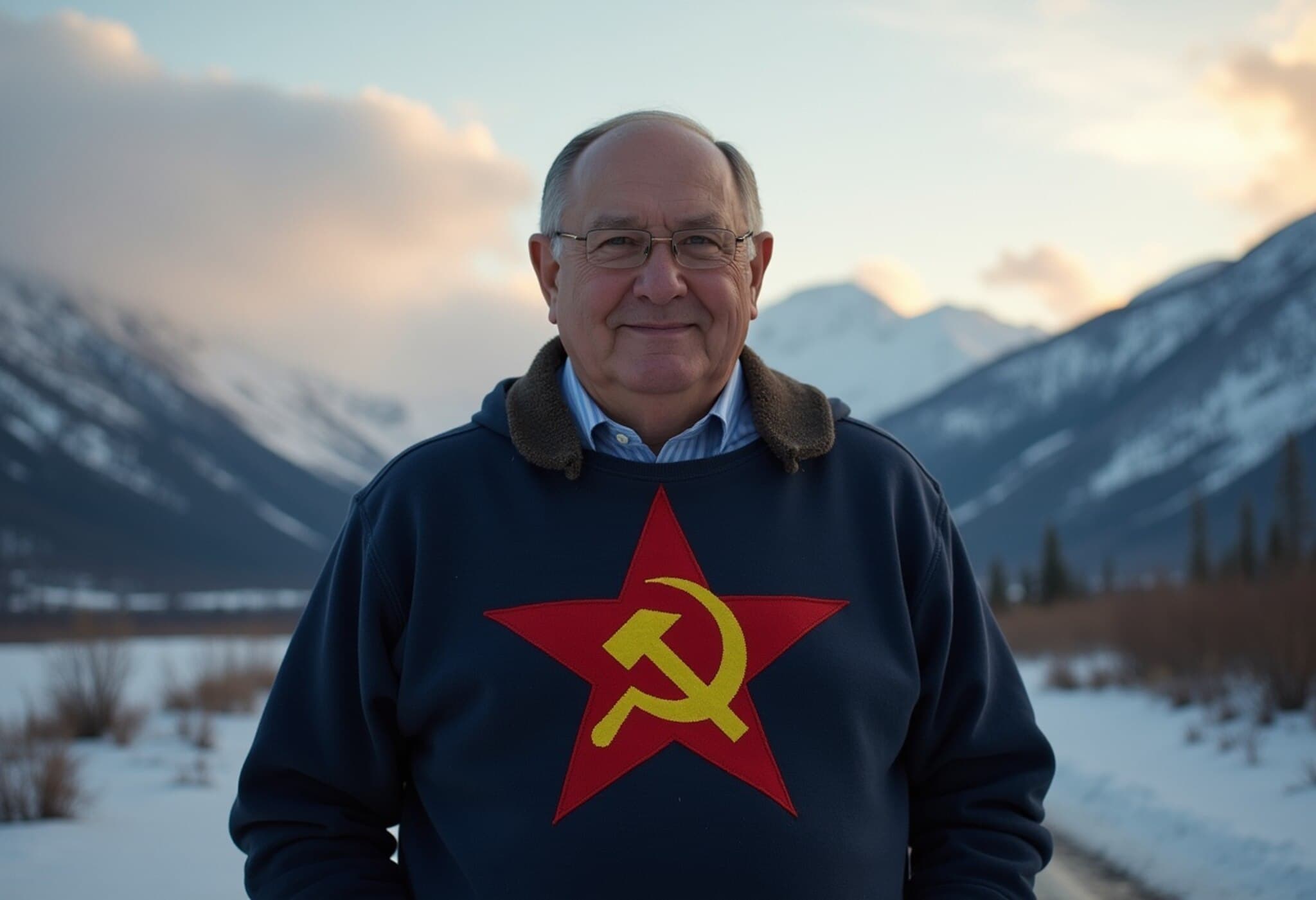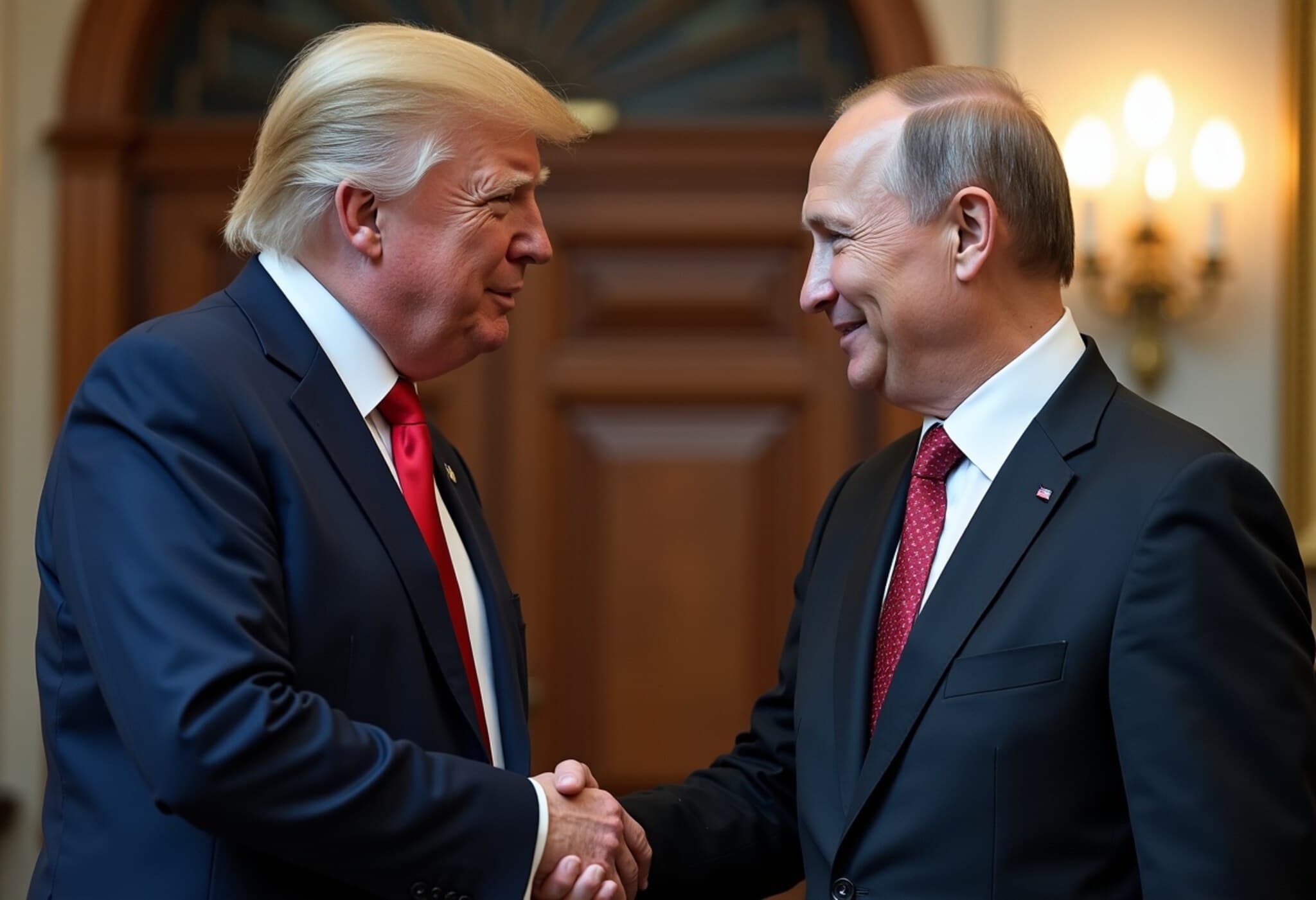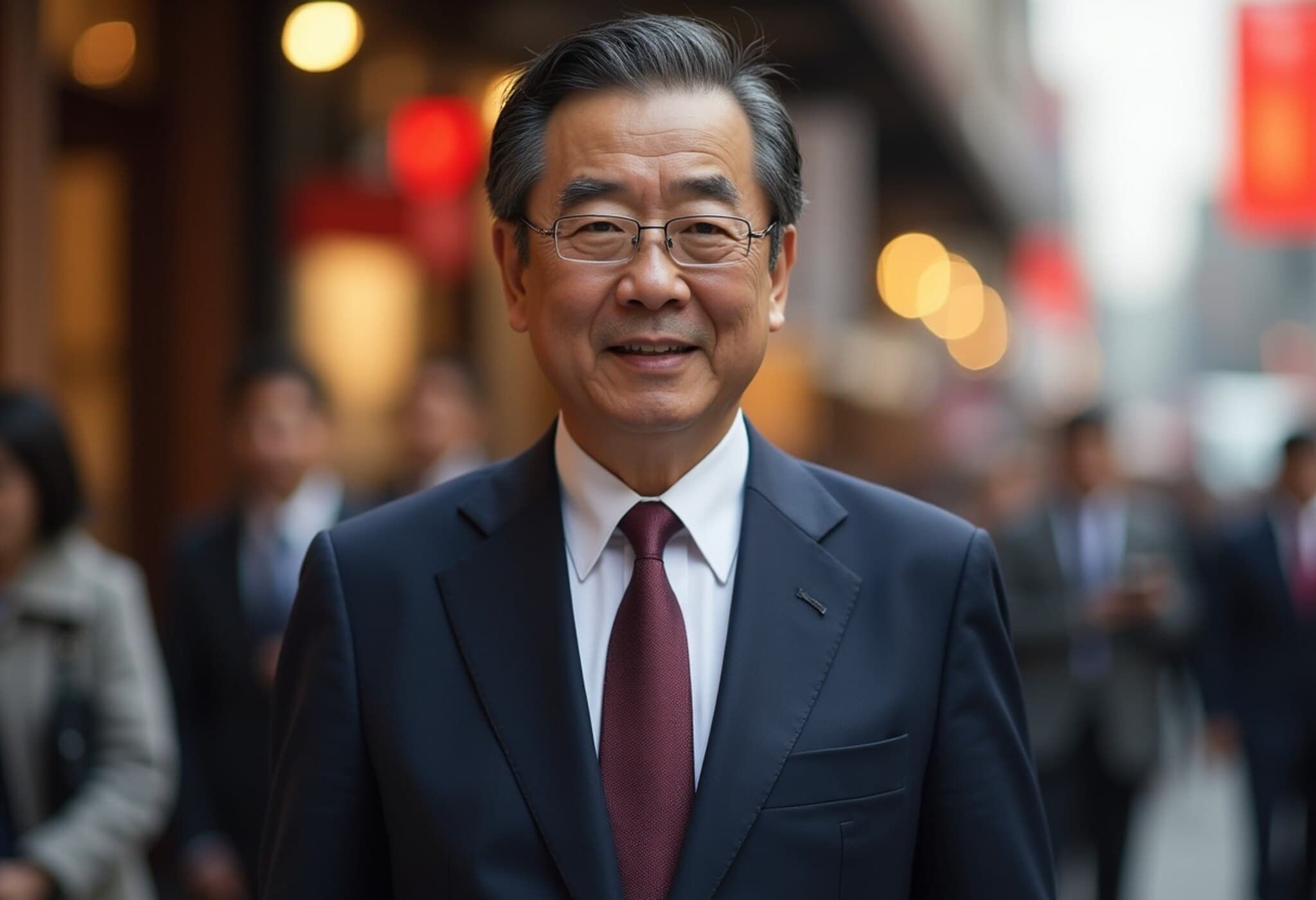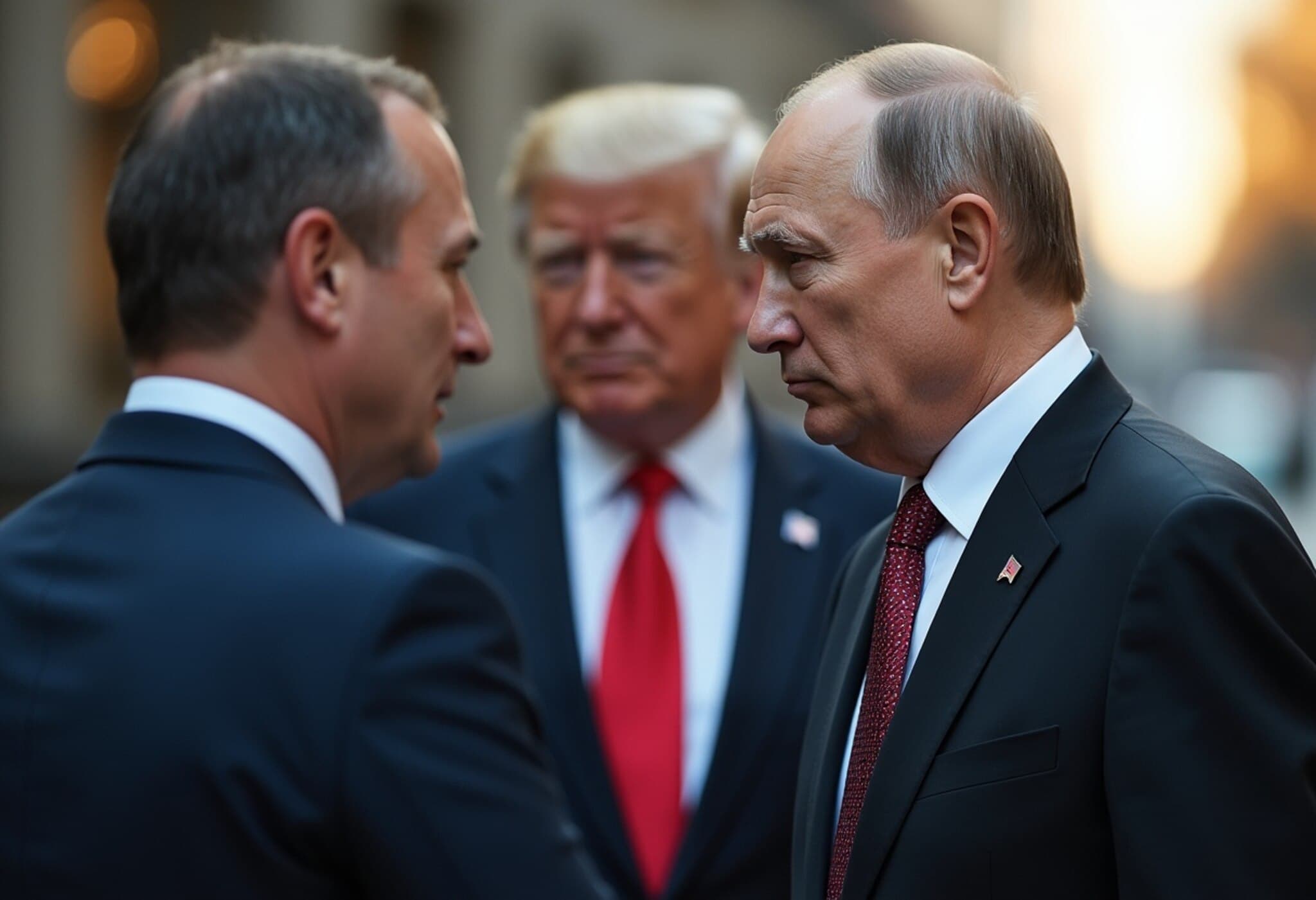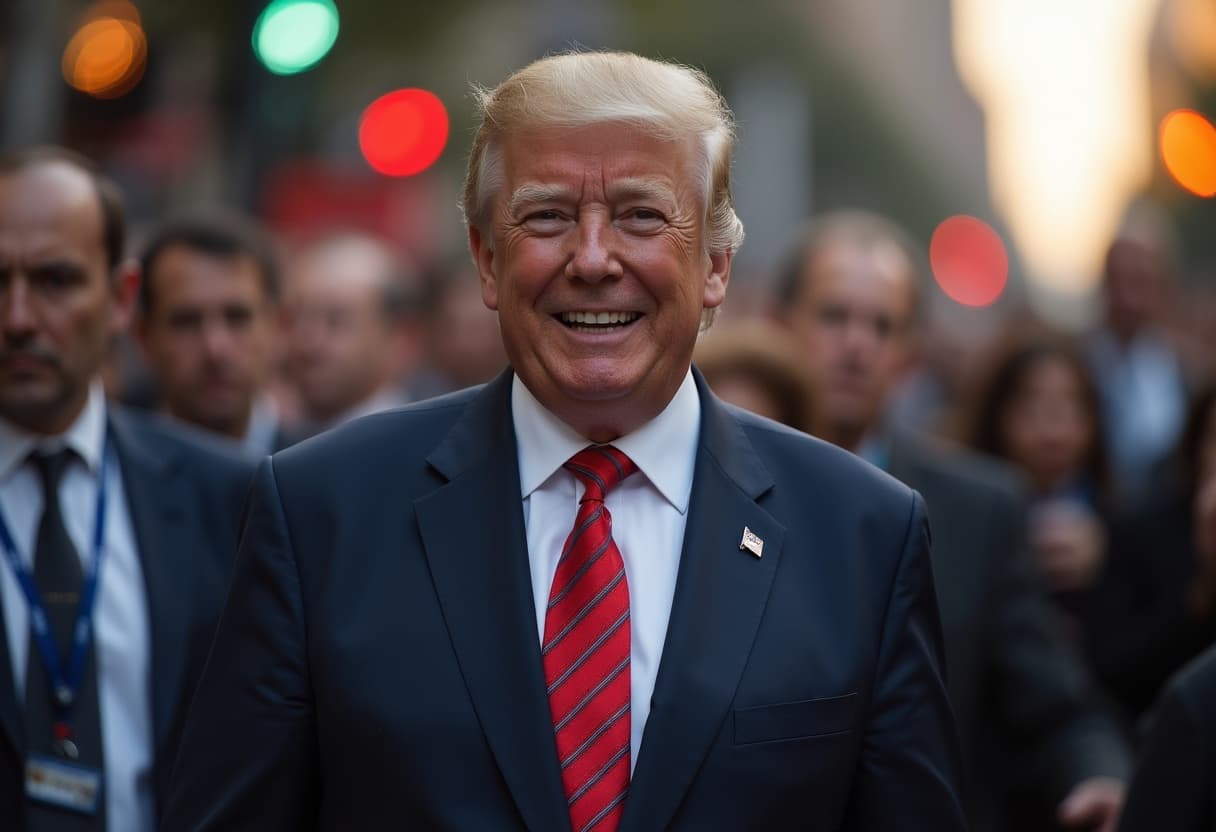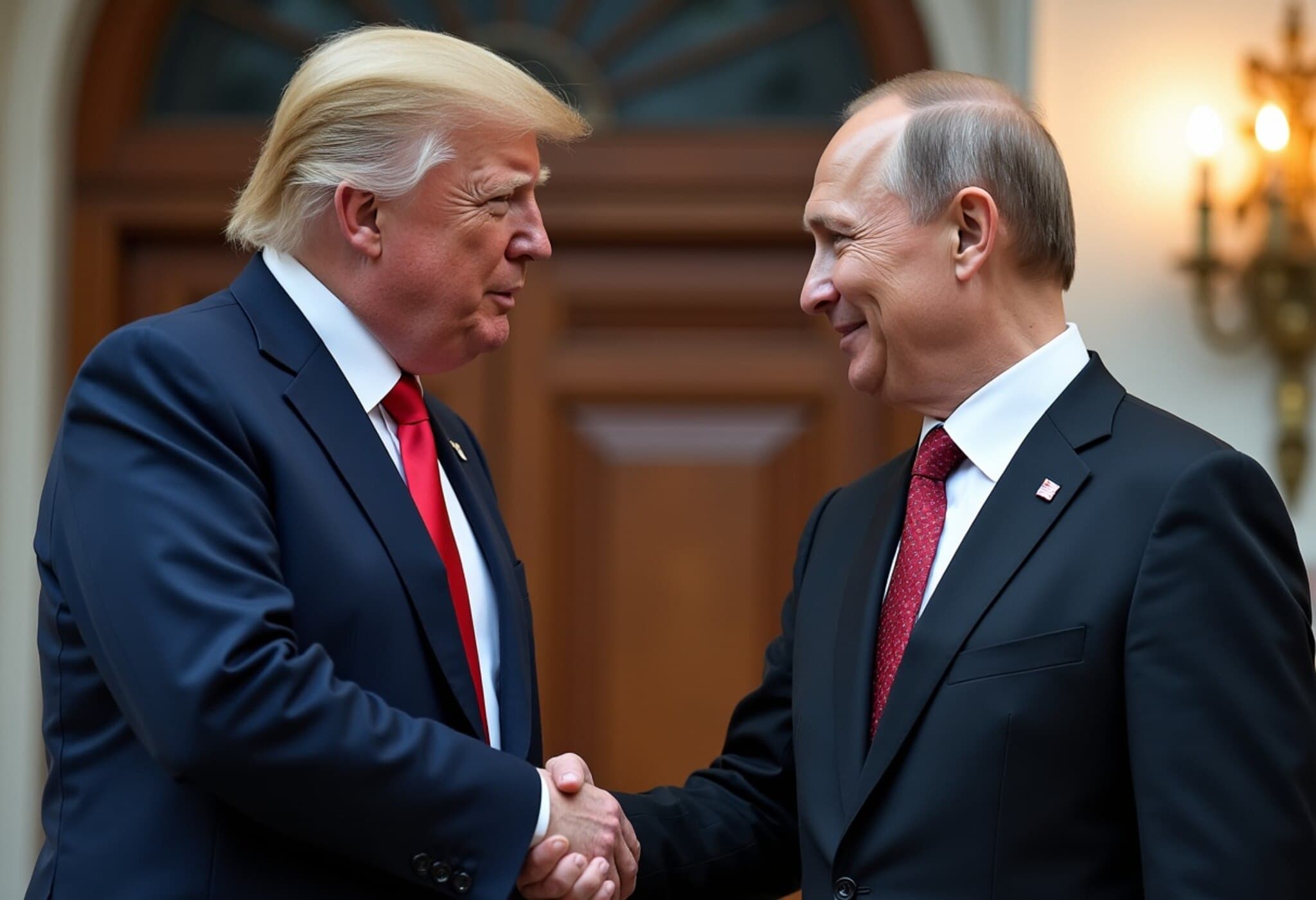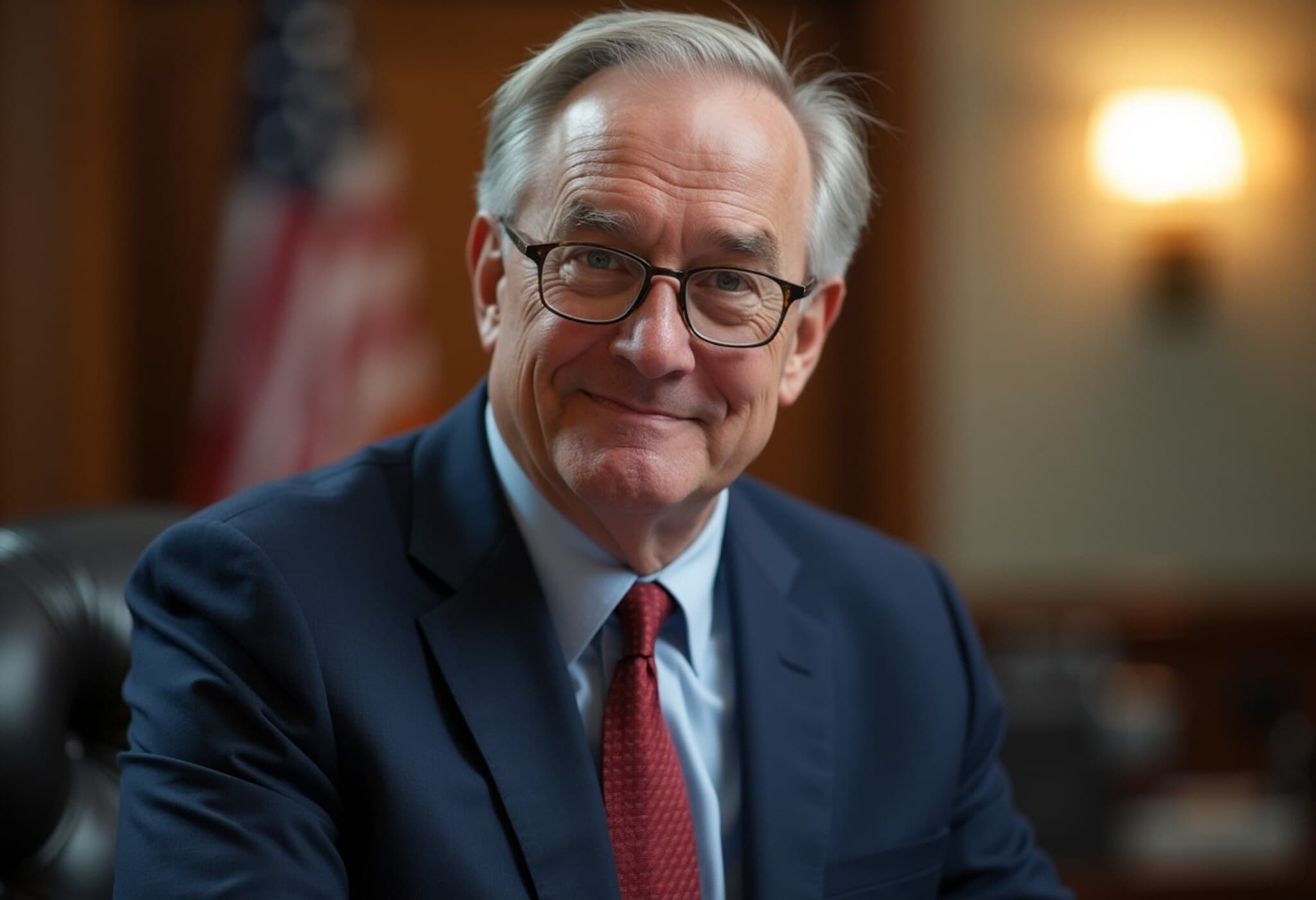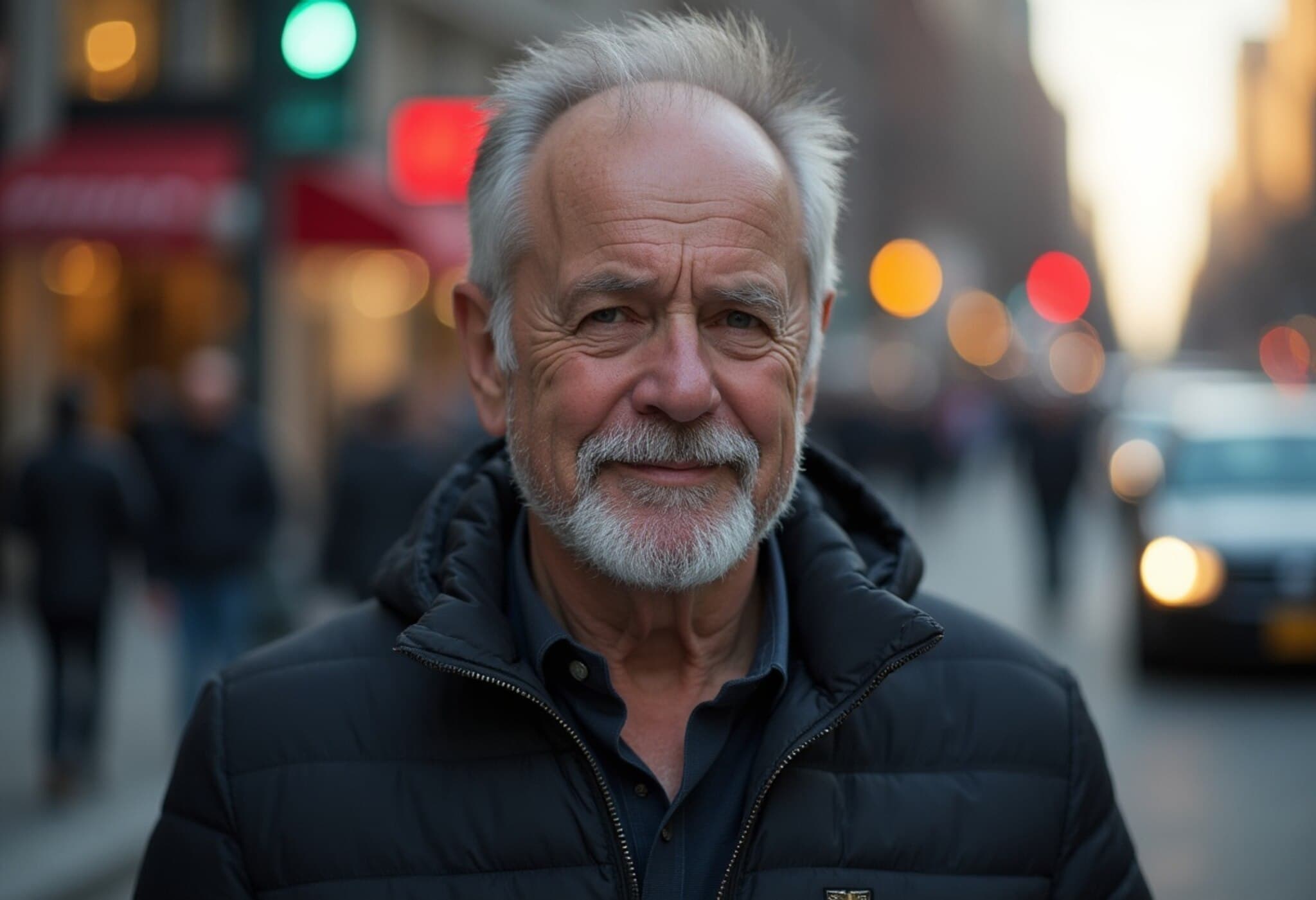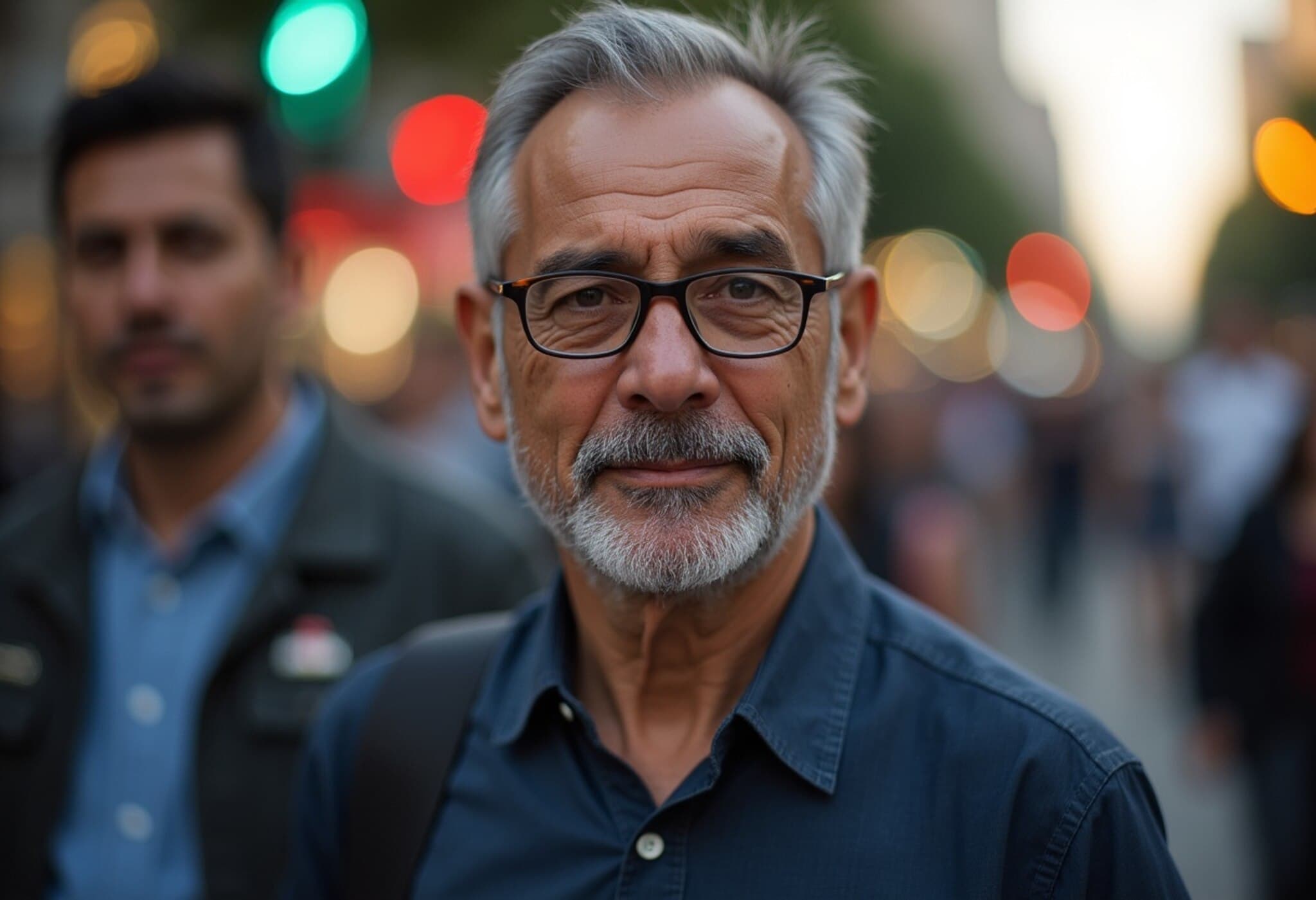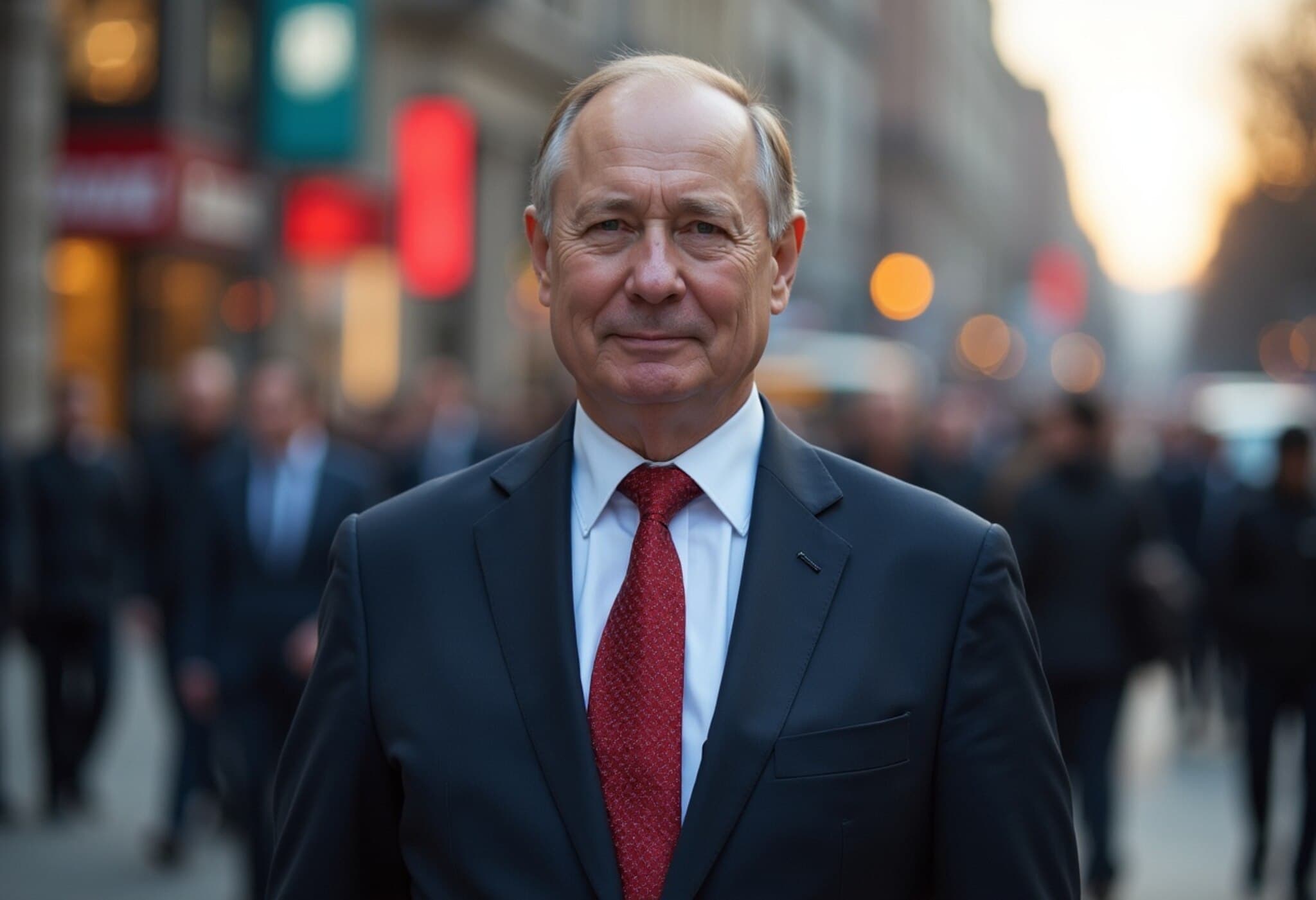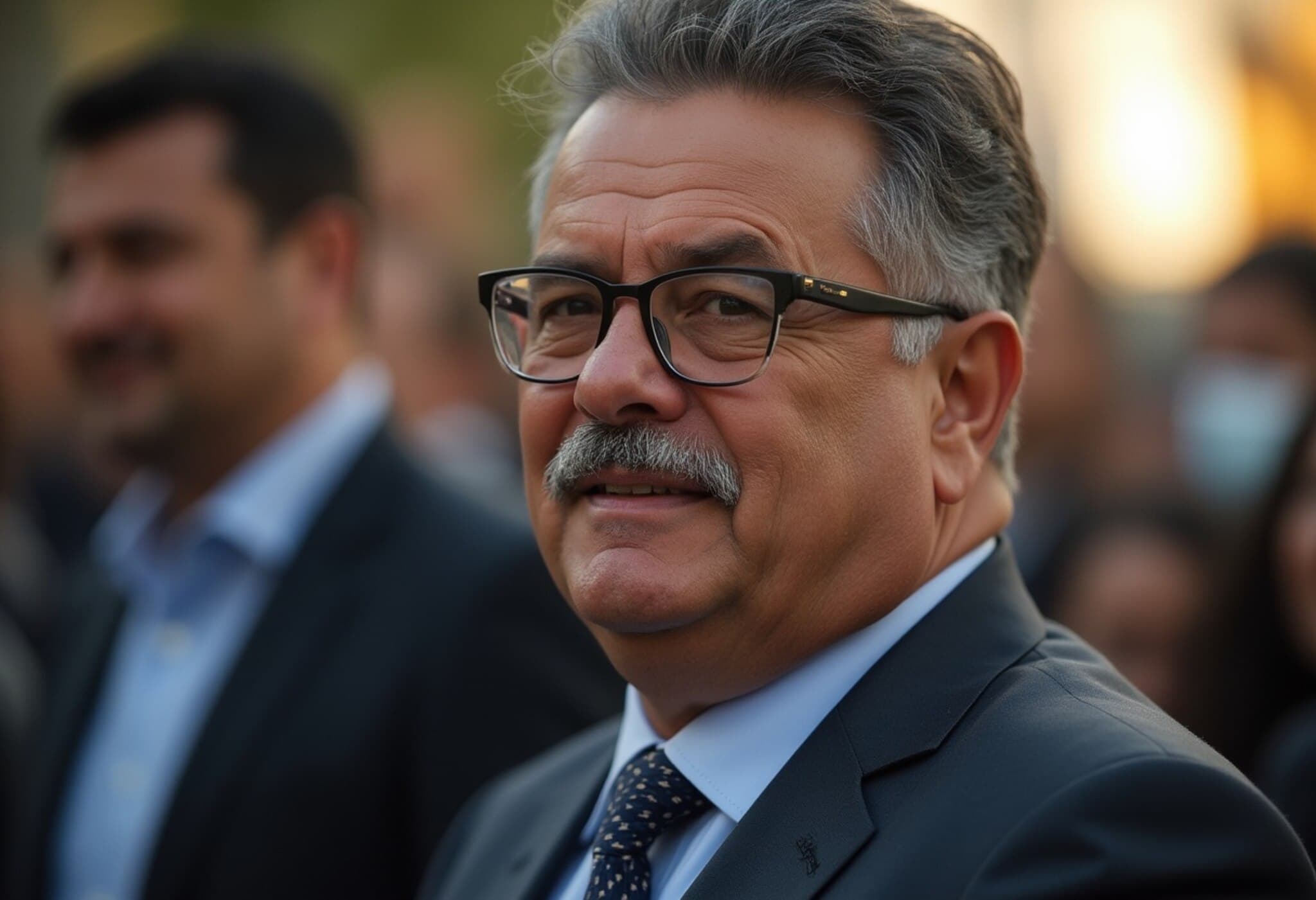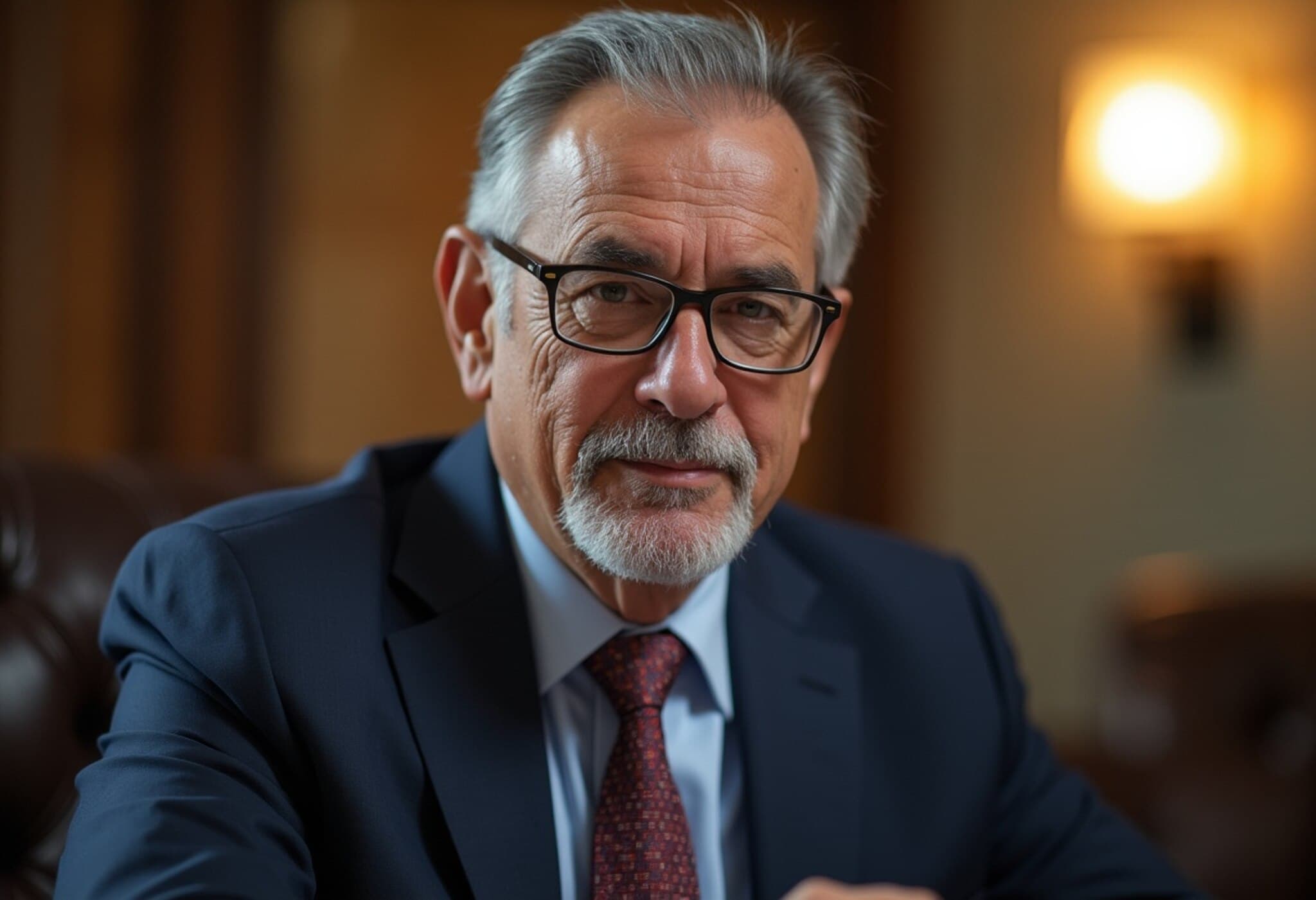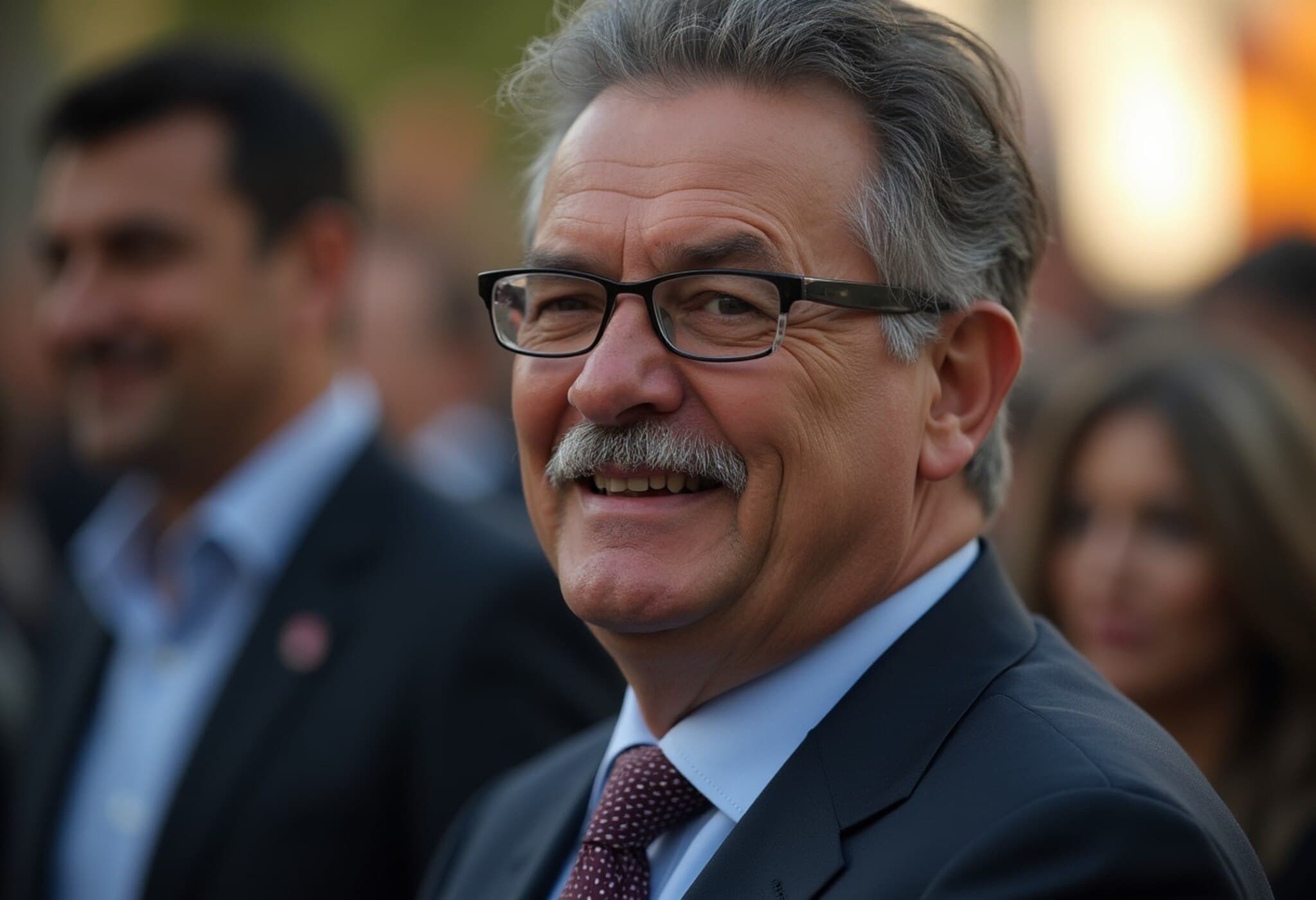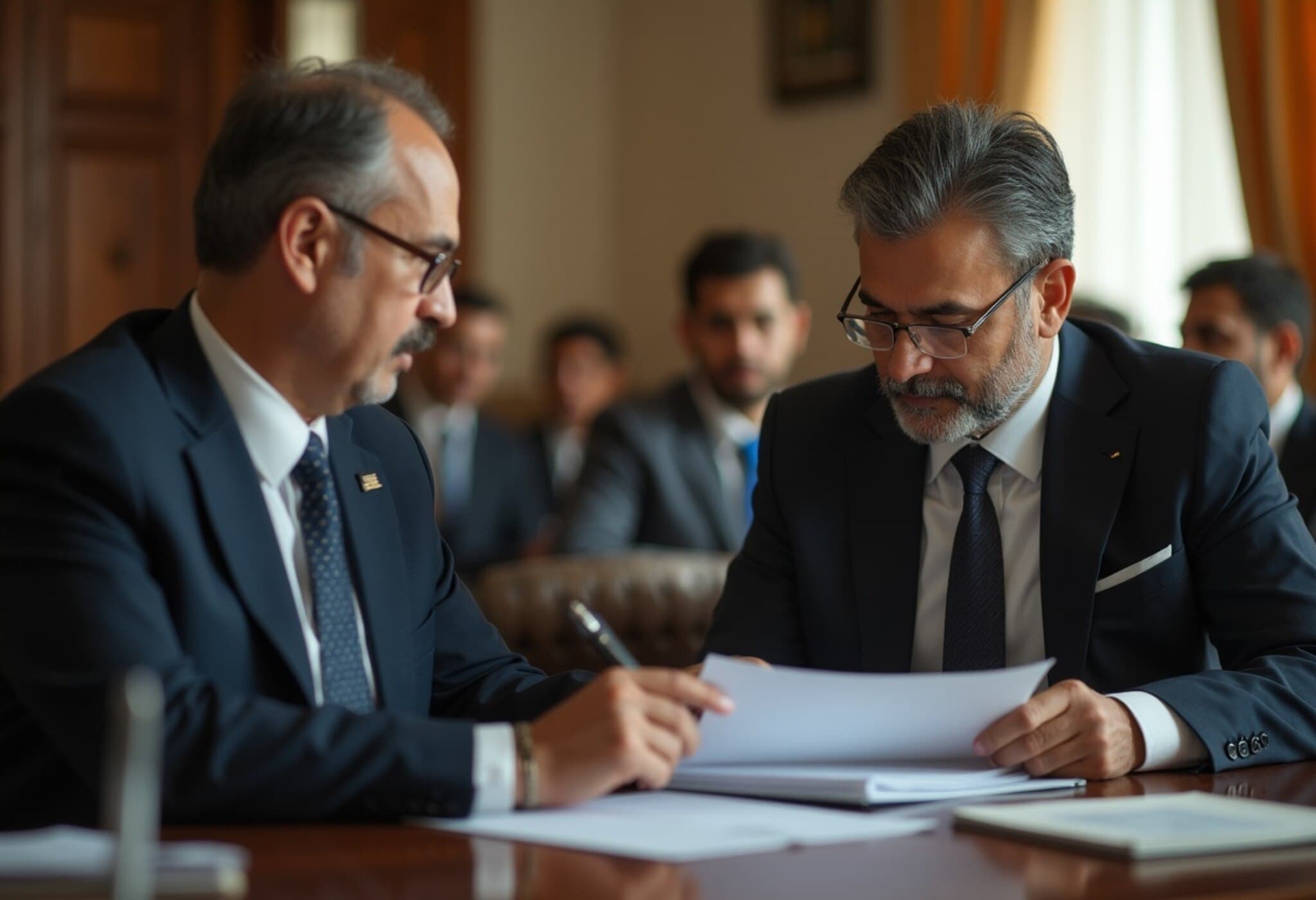72-Year-Old Juraj Cintula Goes on Trial for Terrorism After Shooting Slovak PM
Juraj Cintula, a 72-year-old pensioner, stands trial for terrorism charges after shooting Slovak Prime Minister Robert Fico last May, critically injuring him. The case, which has gripped Slovakia with political tension and public debate, began in the Specialised Criminal Court in Banska Bystrica, marking a pivotal moment in Slovakia’s political landscape.
The Incident and Courtroom Drama
Cintula openly admitted to shooting Fico but insists he did not intend to kill the prime minister. As he was brought into court in shackles, Cintula shouted slogans defending culture and democracy, declaring, "Because he throttled culture" and "Long live free culture! Long live democracy!" This expression of grievances points to broader societal rifts playing out in Slovak politics.
The prosecutor, Katarina Habcakova, emphasized the gravity of the attack, dismissing a proposed plea deal that would have seen Cintula serve 12 years in prison. Prosecutors label the shooting as a calculated act to dangerously disable Fico, potentially threatening the effective functioning of Slovakia's government.
Political Context and Underlying Tensions
Fico, 60, has been a dominant figure in Slovak politics, serving multiple terms since 2006 and returning to power in 2023 on a platform opposing military aid to Ukraine and advocating for closer ties with Moscow. His policies have controversially clashed with European Union and NATO norms, sparking protests and accusations from his opponents of undermining democracy through changes in criminal and media laws.
Locally, Cintula’s motivations stemmed from disagreement with Fico’s stance on issues like Ukraine, media freedom, and cultural policy. A pensioner with a background as a miner, stonemason, and security guard, Cintula told investigators he intended only to injure Fico. Still, the boldness of firing five shots at just 1.2 meters (four feet) distance reflects the depth of political polarization gripping Slovakia.
Broader Implications for Slovakia and Europe
- Democratic Stability: The trial symbolizes rising tensions in post-communist democracies where populist leaders challenge liberal democratic norms.
- Rule of Law and Security: The classification of the shooting as terrorism raises questions about how states balance political dissent and public safety.
- Regional Geopolitics: Fico’s pro-Russian stance amid the ongoing Ukraine conflict places Slovakia at a critical geopolitical crossroads within the EU and NATO.
Fico has publicly forgiven Cintula and stated he does not plan to attend the trial unless summoned as a witness. The court has scheduled initial hearings with additional dates possible before a verdict is reached later this year.
Expert Insight
From a legal perspective, this trial may set important precedents on defining terrorism within European democracies, especially regarding politically motivated violence. From a policy angle, it also reveals how socio-political polarization can escalate to violence when public discourse deteriorates.
Slovakia’s experience reflects broader trends across Europe, where tensions between nationalist populists and liberal democrats threaten to reshape political landscapes. The outcome of this trial could influence ongoing debates on government accountability, freedom of expression, and how democracies handle dissent and extremism.
Editor's Note
This complex case not only tells a story about an isolated act of violence but also shines a spotlight on the challenging intersection of democratic values, political polarization, and security in Slovakia and Europe at large. Readers are encouraged to reflect on the delicate balance democracies must maintain to protect free expression without descending into political violence.

